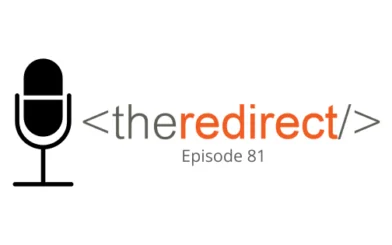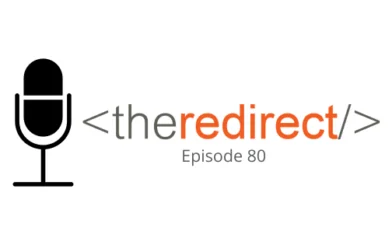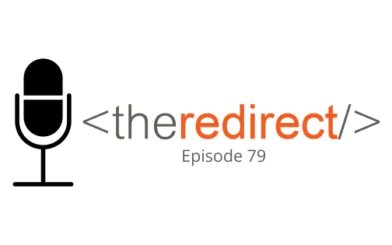Jason Dodge and Riley Holbrook talk about the announcement by Google that it will no longer support third party cookies for Chrome browser users as it relates to ads. So why is that a big deal?
First things first. Take a beat. You don’t need to panic about this…you need to plan for this. We’ve been monitoring this situation for about a year. Google has a lot to gain from this move and we will cover that here in a sec, but first, let’s get you up to speed with cookies (aka “magic cookie” as it is actually named). Delicious treat made with love by Girl Scouts and your grandma but also, a precious little packet of data that a computer receives and then sends back without changing or altering it. The computer cookie consists of information. You visit a website, the website sends a cookie to your computer which then stores it in a file located inside of your web browser.
What do cookies do? They help the website keep track of your visits and activity. Cookies are not bad, in fact, without cookies your shopping cart would reset every, single, time you clicked a new link on a site. Now how are you supposed to live your best Amazon cart life with a reset happening? You can’t. You need cookies. I need cookies. We need cookies. Different types of cookies track and report different types of transactions. As over 60% of internet users use Chrome, this matters a lot. Data privacy is behind this push. Google analytics sets and tracks first party cookie tracking. Third party tracking via cookies can cause some privacy and security concerns, don’t get us wrong, they make it easier for parties you don’t know to watch where you are going and what you are doing online – in a lot of cases, this information is relayed back to advertisers and marketing pros to use in order to more precisely target you with advertising that makes sense to your specific “recipe” of interests.
Who cares? Well, you do – you’re running digital ads right? Well, retargeting and remarketing efforts will likely be hit the hardest. Conversion level will also be hit to some degree. It will become harder to identify specific audiences which makes it a little harder to deliver the most impactful and relevant results to your target audience. If you are a buyer of ads (like a media buying agency) that delivers heavily on exchanges, those exchanges rely on data and data sharing aka third party cookie data. It will impact other networks more so than Google’s network. Users will be lumped into topics and themes or cohorts – namely Federated Learning of Cohorts (FLoC) – we have already exhausted all the WTFLoC jokes in the office so we will spare you this tangent. Straight from the mouth [blog] of Google:
Federated Learning of Cohorts (FLoC) proposes a new way for businesses to reach people with relevant content and ads by clustering large groups of people with similar interests. This approach effectively hides individuals “in the crowd” and uses on-device processing to keep a person’s web history private on the browser.
By creating simulations based on the principles defined in Chrome’s FLoC proposal, Google’s ads teams have tested this privacy-first alternative to third-party cookies. Results indicate that when it comes to generating interest-based audiences, FLoC can provide an effective replacement signal for third-party cookies. Our tests of FLoC to reach in-market and affinity Google Audiences show that advertisers can expect to see at least 95% of the conversions per dollar spent when compared to cookie-based advertising. The specific result depends on the strength of the clustering algorithm that FLoC uses and the type of audience being reached.
So what is the goal Google? Well, if this is to be taken at face value by the largest search engine in the universe, this points to a future where there is no need to sacrifice relevant advertising and monetization in order to deliver a private and secure experience through cozy first party cookies – relationships with ones that you deliberately choose to exact. Google says that they are “committed to preserving a vibrant and open ecosystem where people can access a broad range of ad-supported content with confidence that their privacy and choices are respected.” Time will tell.
Still wondering WTFLoC? Reach out, we will get your sandbox knowledge filled up in no time. Shoot us a note and we’ll help get all your FLoCs and ducks in a row. We will cut the dad jokes now and let you get back to work.




